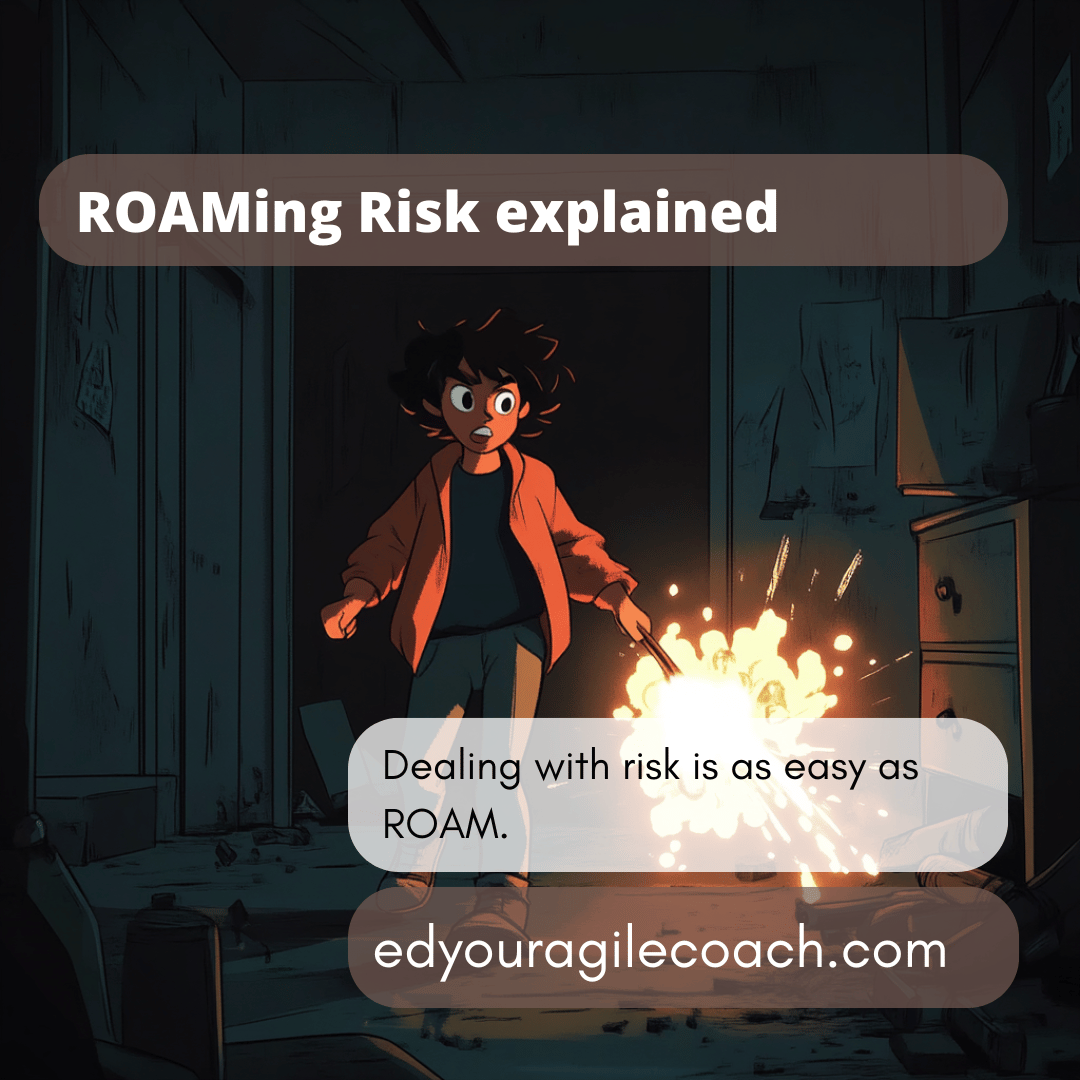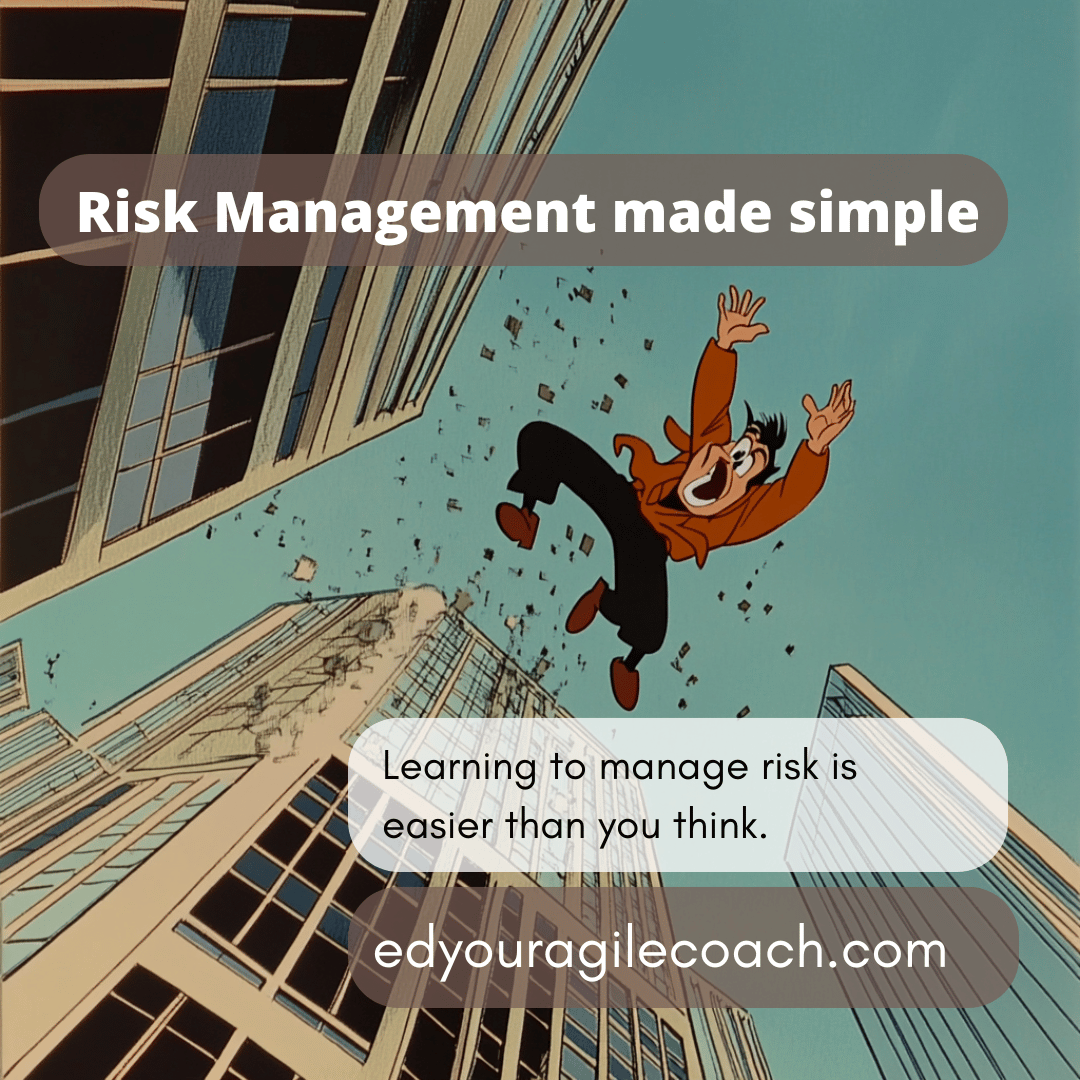Backlog coaching and refinement for beginners.

During his retirement in the 1960s, Eisenhower talked about his leadership style and the importance of planning. He said, "Plans are irrelevant, but planning is essential." It occurred to me that the person who led the Allied invasion of Europe would know a thing or two about planning and success. The agile manifesto is very clear that teams should respond to change over following a plan. What agilists forget is we need some form of planning to ensure to re-react that change. Today, we talk about backlog refinement and coaching, a planning session that you will find valuable.
Three years ago, I was presenting at the Agile 2018 conference. The best part of the experience was sitting in on other people's sessions and learning about Agile from a different perspective. One of those sessions was "Transplanting the Brains of a Product Owner and Scrum Master." The presentation featured a few references to Frankenstein movies and the product owner and scrum master seeing the development project from their counterpart's perspective.
A principal takeaway was the idea of coaching a backlog. Just as a scrum master should coach their team to be better at what they do, a product owner should coach the backlog so the stories are more manageable for the development team to understand. A backlog should tell a story about how it delivers value to customers. A scrum master and product owner can work together at these coaching sessions. I would like to include a development team member in these meetings. I have nicknamed this process backlog refinement and coaching sessions, which speed up sprint planning because the development team is more fluent in the customer needs.
Doing backlog refinement and coaching sessions help improve the skills of the product owner. The product owner understands how much detail they need to include in a story. A coaching session allows the product owner to prioritize work and enable the development team to do preliminary estimates. Finally, refinement and coaching make the process of backlog management emergent as customer value is determined. Communication created during the backlog's refinement and coaching will strengthen the ties between the team's particular parts: the scrum master, product owner, and development team.
Backlog refinement and coaching allow the scrum master and product owner to trade brains to see their roles from a different perspective. The scrum master considers the time and deadline pressure facing the product owner. The product owner understands the juggling done by the scrum master.
In conclusion, backlog refinement and coaching are not just about building teamwork on the scrum team, they are about reinforcing the importance of planning in Agile methodology. The process of having a few collaborative story writing sessions with the scrum master and members of the development team will not only speed up sprint planning, but also instill a sense of confidence in the team's ability to respond to change. Finally, backlog refinement will make the backlog more detailed, estimated, emergent, and prioritized, ensuring that the team is always on track. As Eisenhower rightly said, a plan is worthless but planning with backlog refinement, and coaching will make the scrum team better.
Until next time.




Comments ()